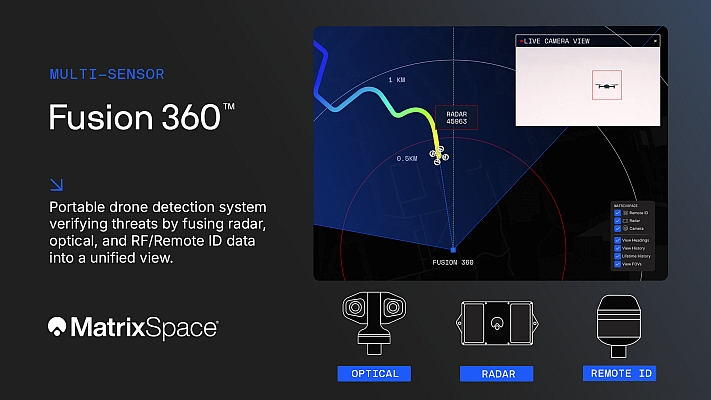Broadcom Corporation, a global leader in semiconductors for wired and wireless communications, announced its first single-chip global positioning system (GPS) solution, highlighting the company’s successful integration of its Global Locate acquisition and its commitment to delivering the industry’s best GPS technology. The GPS receiver sets new standards in performance and power consumption with state-of-the-art sensitivity and navigation performance, and less than half the power consumption of competitive solutions. The new Broadcom® chip and associated software will be demonstrated at this week’s Institute of Navigation (ION) conference in Ft. Worth, Texas beginning tomorrow.
GPS technologies have become increasingly important with growing consumer interest in personal navigation devices (PNDs) and the strong desire by cellular service operators to add location-based services to their offerings. According to research from In-Stat, approximately 47 million PNDs and more than 436 million mobile phones with GPS technology will ship in 2010. As GPS chip solutions become more integrated and costs decline, the technology will expand into a whole new range of applications.
"As consumer use of location-based services grows, we are seeing an incredible amount of interest from our customers in the cellular and PND markets for GPS and assisted GPS technologies," said Scott Pomerantz, Vice President and General Manager of Broadcom’s GPS line of business. "Broadcom has now established itself as a technology leader in the GPS chip market with a solution that provides the industry’s best tracking sensitivity, lowest average power and most complete portfolio of software, complemented by the company’s unique ability to integrate its GPS technology into other leading mobile chips and processors."
The Broadcom BCM4750 is produced in a low cost 90 nanometer CMOS process and features superior receiver technology and tracking sensitivity. The receiver makes full use of the Global Locate architecture, and can measure the faintest GPS signals deep indoors and in "urban canyon" environments at signal levels as low as -162 dBm. It also consumes less than 15 mW while navigating with one second map updates, less than half the power of competitive solutions according to published datasheets.
The BCM4750 is ideally suited for PNDs where rapid time-to-first-fix (TTFF) and superior navigation performance are required. In addition, products that include network connectivity, such as wireless PNDs and cellular phones, are able to exploit the full feature set of the BCM4750 software solution. These features include Assisted GPS (AGPS) and long-term orbit (LTO) extended ephemeris assistance, reducing TTFF to less than one second in many conditions. In all cases, Broadcom provides both the chip and the software including AGPS stacks and client software.
Broadcom also maintains a worldwide reference network with land-based GPS receivers located around the earth’s equator, and carrier hardened servers to collect and provide AGPS and LTO data directly to GPS equipped cellular phones and wireless PNDs. Working hand-in-hand with the BCM4750 and Broadcom’s client software, customer products are able to take full advantage of the benefits of AGPS and LTO. By providing this service along with the chip, Broadcom is able to offer OEMs s a one-stop-shop for all of their positioning technology needs.
Source: Broadcom






